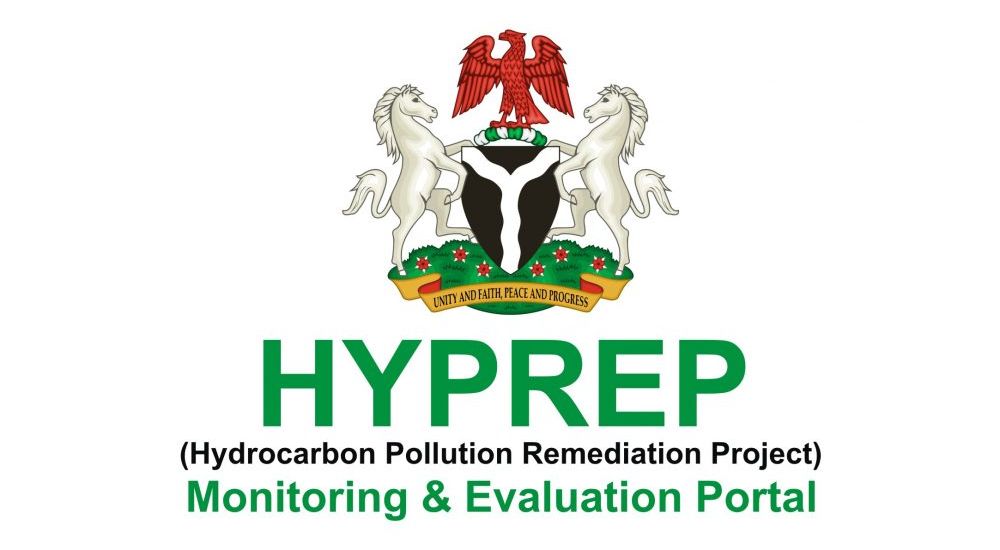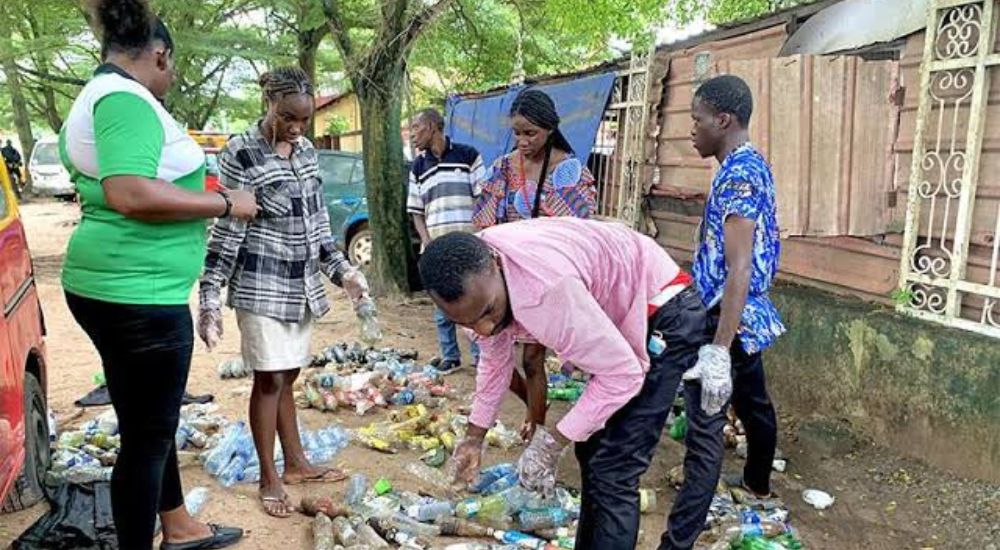FG Tackles Plastic Pollution With New UN-Backed Project

The Minister of Environment, Mallam Lawal Balarabe, has announced the launch of the Circular and Persistent Organic Pollutants (POPs)-Free Plastics in Africa Project.
It is a new initiative aimed at reducing the impact of plastic pollution in Nigeria.
The project, which is backed by the United Nations Environment Programme (UNEP) and the Global Environment Facility (GEF), will focus on eliminating Persistent Organic Pollutants (POPs) in plastic-containing products and promoting circular economy practices.
The minister who was speaking at the Circular and POPs-Free Plastics in Africa Project Inception Workshop, held in Abuja on Tuesday, stated that the project will help Nigeria identify safe and eco-friendly alternatives to POPs-containing plastics, adopt policies to implement circular economy practices, and manage POPs-contaminated waste in an environmentally sound manner.
He noted that the initiative will also create new economic opportunities in green industries and sustainable waste management.
The minister emphasised the need for collective responsibility among all sectoral stakeholders, including policymakers, industry players, academia, civil society organisations, and development partners.
He also highlighted Nigeria’s commitment to environmental sustainability and the importance of adopting responsible consumption and waste management practices.
“Our participation in this initiative demonstrates Nigeria’s commitment to scale up actions on environmental sustainability and aligns perfectly with our national priorities. These actions will not only protect our environment but will also create new economic opportunities in green industries and sustainable waste management,” he said.
The minister expressed appreciation to all partners who have made the initiative possible, including the Global Environment Facility (GEF) for financial support; UN Environment, the Implementing Agency, for providing technical support; and the Basel Convention Coordinating Centre for the African Region (BCCCAfrica) for its resourcefulness in providing guidance for the project implementation.
“We must work across all sectors to achieve meaningful progress. Our industries must rise to the occasion by developing and adopting sustainable alternatives and embracing circular economy principles.
‘In the same vein, the academic community has a crucial role to play in advancing research and innovation, while civil society organisations must continue their important work. At the individual level, every Nigerian citizen also has a part to play in adopting responsible consumption and waste management practices.
“…This project represents our collective determination to break free from this oppression and build a Nigeria where both people and nature can thrive,” he said.
He also appreciated NESREA, “the performing environmental police in Nigeria”, for its commitment to environmental protection and its role as the National Executing Partner.
Also speaking, the Director General of NESREA, Prof. Innocent Barikor, welcomed the project, describing it as a critical step towards addressing the environmental challenges posed by plastic pollution.
“This project thus provides us with the necessary tools, resources, and partnerships we require to transform this sector into a model of environmental responsibility and circular economy principles,” he said.
Barikor highlighted the agency’s commitment to working with stakeholders to implement best practices in POPs identification and management and to promoting sustainable practices in the plastic value chain.
He further stated that the project will also focus on capacity building and technology transfer, including postgraduate study bursaries for a master’s degree in chemical risk management at the University of Cape Town.
“We will also prioritise gender mainstreaming, ensuring that women, who often bear the greatest burden of environmental degradation, are active participants in and beneficiaries of our interventions,” he noted. practices in POPs identification and management, and to promote sustainable practices in the plastic value chain.
He further stated that the project will also focus on capacity building and technology transfer, including postgraduate study bursaries for a master’s degree in chemical risk management at the University of Cape Town.
“We will also prioritise gender mainstreaming, ensuring that women, who often bear the greatest burden of environmental degradation, are active participants in and beneficiaries of our interventions,” he noted.
FG Tackles Plastic Pollution With New UN-Backed Project is first published on The Whistler Newspaper



